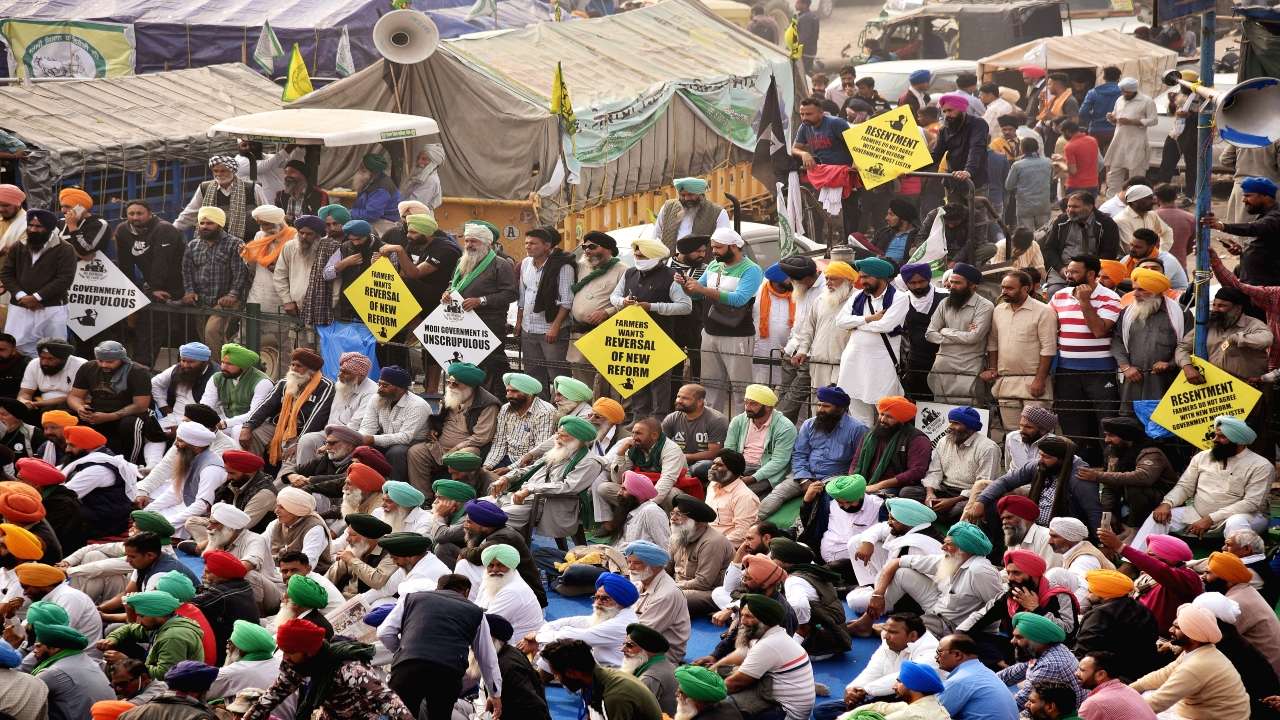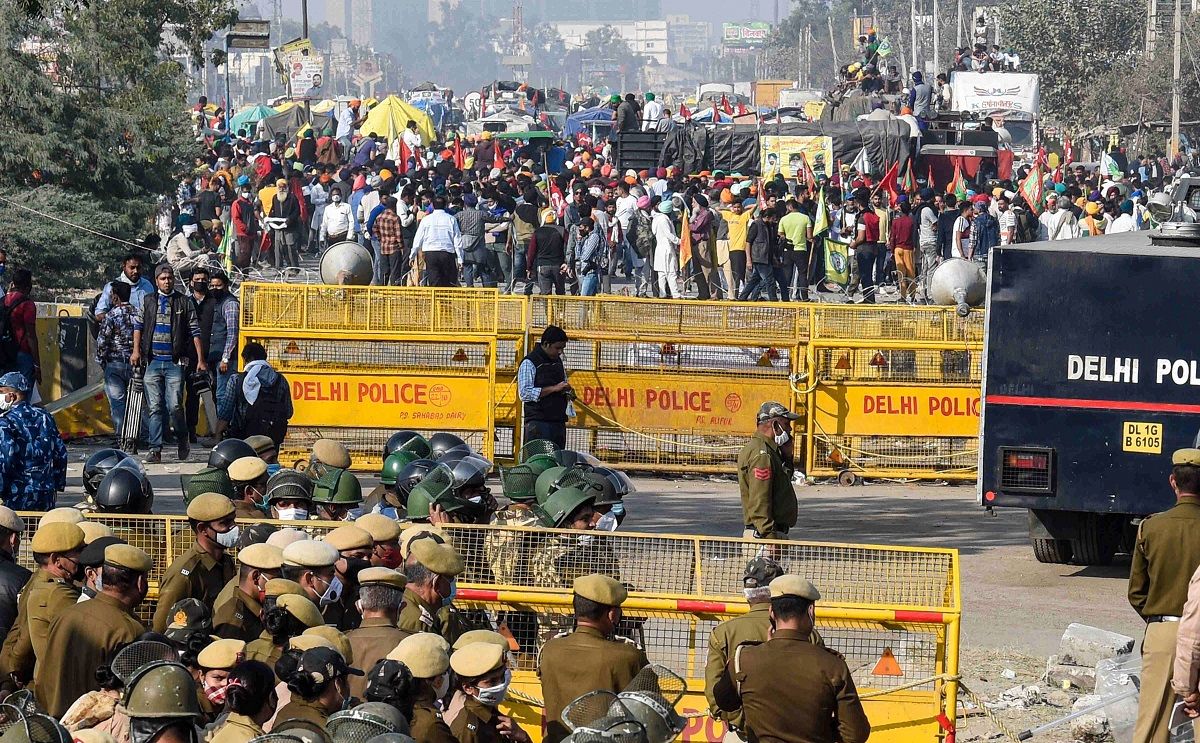Check out what are the farm laws that farmers are protesting against:
When agriculture bills were passed by the Parliament in September 2020, since then they have been surrounded by controversy. Farmers have taken the streets and various attempts have been made by the government to assuage the situation but with no success.
So here we will try to understand what the 3 laws entail why the farmers want them to be rolled back and where the protest leads now.
Check everything below:

- Farmers (Empowerment and Protection) Agreement on Price Assurance and Farm Services Act, 2020
Under this Act, the farmer and the buyer can enter an agreement before the crops are produced. The minimum time set for this agreement is 1 crop cycle or production of livestock. The maximum is 5 years. It can be extended further but by the mutual agreement of both parties, which is stated clearly in the contract.
The amount that the farmer will get for selling the product must be mentioned in the agreement. If there are products for which price variation is predicted, there should be a provision for guaranteed price setting.
As per the Act, the cases of any dispute go through 3 stages – Conciliation Board, Sub-Divisional Magistrate, and Appellate Authority.
2. Farmers’ Produce Trade and Commerce (Promotion and Facilitation) Act, 2020
The Act grants permission to the farmers to sell their produce within and outside, without having to be in the premises of Agricultural Produce Market Committee markets AKA mandis.
The farmers can also opt for another route of selling, one among them being online. Additionally, ‘market fee’, earlier levied on farmers for selling produce ‘outside trade area’ will be done away with.

3.Essential Commodities (Amendment) Act, 2020
According to this Act, the government of India oversees and can take decisions pertaining to the selling of essential commodities such as medicines, fuel, etc and can decide what its MRP is going to be.
It can also add things to the list of essential items and remove them according to their discretion. Other than this the government can also control the prices of these items by increasing their availability by putting a limit on stock-holding.
Now the amendment of this Act states that the government can only put things in the ‘essential’ category during ‘extraordinary cases’. Which means, war, famine, natural calamities, or unprecedented price hike.
The government has also removed eatables like pulses, potatoes, and cereals from the list.
Further, it has also been said that the stock-holding limit can only be imposed if there is a 100% rise in the retail prices of horticulture products and 50% in the case of non-perishable food items.

Why are farmers protesting?
The fact that seems to stand-out is doing away with mandis and what the government called “middle men”. However, this seems to be good on paper but just imagine it: Someone produces a humble 100 kgs of potatoes and another 100 kgs of onions.
Now, if they don’t have enough money or land to produce more products, how do you think they will be able to negotiate with big corporations?
This is where ‘middlemen’ proved to be beneficial. They can hold the ground on behalf of the farmers, who are now left at the mercy of the big players and can only hope that they are not exploited.
Another reason is the lack or absolute absence of consultation. The center passed the law without having talks with the farmers and they are now questioning the same now.
Where does the protest stand?
The farmers are stuck that they want nothing less than the ‘complete rollback’ of the three bills and have had 5 meetings with the government about the same.














